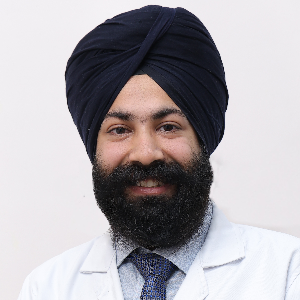Frequently Asked Questions
They treat breast cancer, lung cancer, gastrointestinal cancers, head and neck cancers, gynaecological cancers, soft tissue sarcomas, and skin cancers. They also perform surgeries for preventive or reconstructive purposes.
A surgical oncologist performs operations to remove cancer, while a medical oncologist treats cancer with chemotherapy, immunotherapy, or targeted therapy. Both specialists often work together as part of a cancer care team.
If you have been diagnosed with cancer or your doctor suspects a tumour that may need surgical removal, you should consult a surgical oncologist. They help plan the right surgical and treatment approach.
Yes, many surgical oncologists use advanced techniques like laparoscopy and robotic-assisted surgery. These methods reduce pain, recovery time, and hospital stay compared to traditional open surgeries.
Yes, surgeries performed by qualified surgical oncologists in well-equipped hospitals are safe. Modern anaesthesia, advanced imaging, and skilled surgical teams ensure better outcomes and reduced risks.
Recovery depends on the type of surgery, cancer stage, and the patient’s overall health. Minor procedures may take a few weeks, while major surgeries may require several months of rehabilitation and follow-ups.
Yes, some surgical oncologists work with plastic surgeons to perform reconstructive surgeries, especially after breast, head, or neck cancer surgeries. This helps restore function and appearance.
Yes, they are trained to handle urgent cases like bleeding tumours, intestinal obstruction, or cancer-related complications. Many hospitals in Dera Bassi provide 24/7 emergency surgical care.

